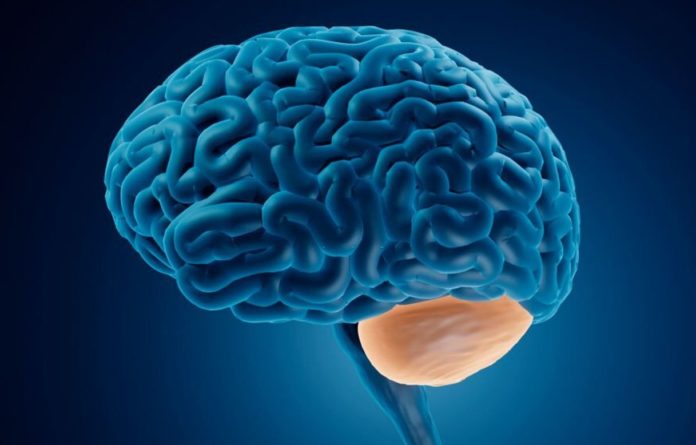It’s still a mystery how brains age and why people get dementia. However, some fascinating study is attempting to shed light on the subject — and how a simple drink could help us improve our grey matter.
A recent study published in the Journal of Gerontology: Medical Sciences by Wake Forest University researchers suggests that a daily dose of beet juice an hour before exercise can cause significant—and beneficial—changes in the function and organization of aging brains.
Exercise and beet juice were studied together in the current study. Six weeks of exercise and daily doses of either beet juice or a placebo were given to a group of 26 sedentary males with an average age of 65. Because all of the guys had high blood pressure, they were more likely to benefit from beet juice’s effects on blood vessels.
Beet-It Sport Shots, which are concentrated beet juice shots containing 560 milligrams of nitrate in each 70-millileter (2.4-ounce) container, were used to administer the beet juice. The only difference between the placebos and the real ones was that the nitrate had been eliminated. On their workout days, they took one shot per day, an hour before they exercised.
The exercise routine was straightforward. For six weeks, the participants walked on a treadmill three times a week, rising up to 50 minutes per session at a perceived effort of 12 or 13 on the Borg scale (13 equates to “somewhat hard”).
The researchers were looking at neuroplasticity—the brain’s capacity to rewire and recreate itself in response to novel stimuli. They were also intrigued by the developing theory that some of the physical difficulties associated with aging could be caused by “invisible” abnormalities in the central nervous system, rather than the more obvious issues such as muscle loss or aerobic fitness. They looked at the connections between different brain regions using functional magnetic resonance imaging (fMRI) before and after the trial to investigate this possibility.
So, what did six weeks of exercise and beet juice (or placebo) accomplish? Both groups of subjects improved their “community consistency,” but the benefits were much greater in the group that received beet juice in addition to exercise.
The average number of red-flag-raising “secondary connections” in the beet juice group by the end of the research was comparable to the amount in the younger control group (average age 26) from the previous study.
To study it further in more detail, a group of researchers from the University of Exeter and King’s College London are leading a new PROTECT – an online study that looks at how people’s minds change over time.
More than 25,000 people over the age of 40 have already signed up.
One of its more exciting initiatives is looking into how beetroot juice affects brain function in older adults by influencing microorganisms in our mouths.
The oral microbiome contains hundreds of species of bacteria and other organisms, and it is probably as significant as the gut microbiome.
This is due to the possibility that they play a role in the development of major diseases such as Alzheimer’s and other forms of dementia.
So, what is it about beetroot that makes it so magical? The key element is nitrate, which is converted to nitric oxide by our oral bacteria. This is important for the transmission of information between cells and the regulation of blood vessels.
Nitric oxide synthesis decreases with age, resulting in poor vascular (blood vessel) and cognitive (brain) health. Dietary nitrate can be found in vegetables and leafy greens, but we rarely consume enough of them.
Drinking beetroot juice enhances the oral microbiome, showing higher levels of nitric oxide, which means a lower risk of disease and inflammation, according to a previous Exeter study.
Exeter University’s Professor Anni Vanhatalo says:
“The oral microbiome is being recognised as an exciting avenue for cognitive health research.
“Our research wants to see if beetroot juice will enhance brain function. If it does, it could help detect dementia risk, and lead to individualised diets which stimulate the oral microbiome in ways that may prevent or delay cognitive decline in older age.”
The PROTECT initiative will be used to recruit 60 volunteers for the trial. To function as a control, half of the participants will receive beetroot juice supplements and the other half will receive a special beetroot juice that has had the dietary nitrate removed.
At the start and end of a 12-week period, everyone will undergo cognitive tests and provide saliva samples to detect changes in their oral microbiome.
This research could shed light on the benefits of vitamins for cognitive health.
Image Credit: Getty
You were reading: Study reveals a simple way to boost grey matter in the brain
